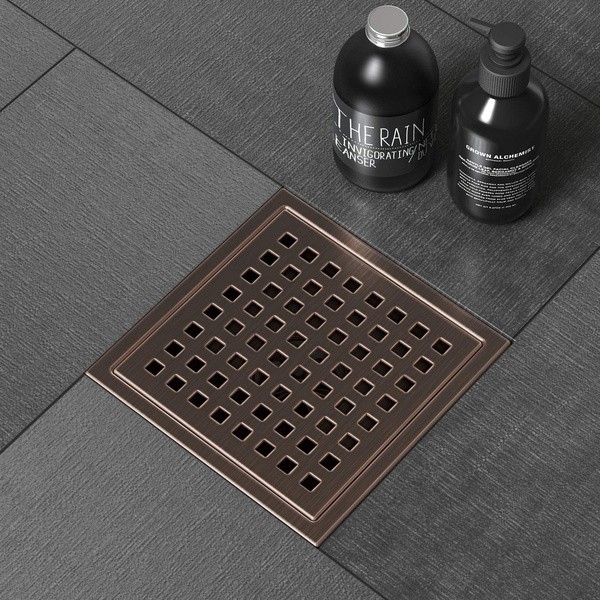
Your home's plumbing system is designed to handle water and minimal amounts of food waste. However, many household items and substances can wreak havoc on your pipes and drains, leading to clogs, backups, and costly repairs.
To maintain a smooth-flowing and well-functioning plumbing system, it's essential to be mindful of what you pour down the drain. In this article, we'll explore six common culprits that should never find their way into your drains.
1. Flushable Kitty Litter
While marketed as "flushable," many types of kitty litter can cause significant problems when introduced to your plumbing system. These litters are designed to clump and absorb moisture, which can lead to blockages and buildup in pipes. Additionally, some litters contain materials like clay or silica gel that can harden and create obstructions over time. It's best to dispose of used litter in the trash or a designated waste container.
2. Oils
Cooking oils, grease, and fats may seem harmless when poured down the drain in liquid form, but they can solidify and accumulate within pipes, creating stubborn clogs. As the oils cool and harden, they can adhere to the inside of pipes, gradually restricting water flow and potentially causing backups. Instead of pouring oils down the drain, let them cool and dispose of them in the trash or utilize a grease disposal container.
3. Coffee Grounds
While coffee grounds may seem innocent, they can quickly accumulate and form dense clogs in your pipes. Coffee grounds are fibrous and can easily get caught in bends and joints, creating blockages that are difficult to clear. Even if they initially make it through your drains, they can contribute to buildup further down the line. It's best to dispose of coffee grounds in the trash or compost bin.
4. Medicine
Flushing expired or unused medications down the toilet or sink can have detrimental effects on the environment and potentially contaminate water sources. Many pharmaceuticals contain chemicals and compounds that are not effectively removed by wastewater treatment facilities. Instead of disposing of medicines through your drains, look for designated medication disposal programs or follow the recommended disposal methods provided by your pharmacist or local waste management authority.
5. Household Cleaners and Car Fluids
Harsh chemicals found in household cleaners, paint thinners, and automotive fluids like antifreeze or motor oil can corrode and damage your pipes over time. These substances can also disrupt the delicate balance of bacteria in septic systems, leading to decreased efficiency and potential system failures. Whenever possible, seek environmentally friendly alternatives or dispose of these chemicals through proper hazardous waste channels.
6. Paint
Leftover paint, whether water-based or oil-based, should never be poured down the drain. Paint can solidify and create stubborn clogs, and it can also contain harmful chemicals that can contaminate water sources. Instead, allow leftover paint to dry completely and dispose of it according to local hazardous waste regulations, or look for paint recycling programs in your area.
© 2025 Realty Today All rights reserved. Do not reproduce without permission.



